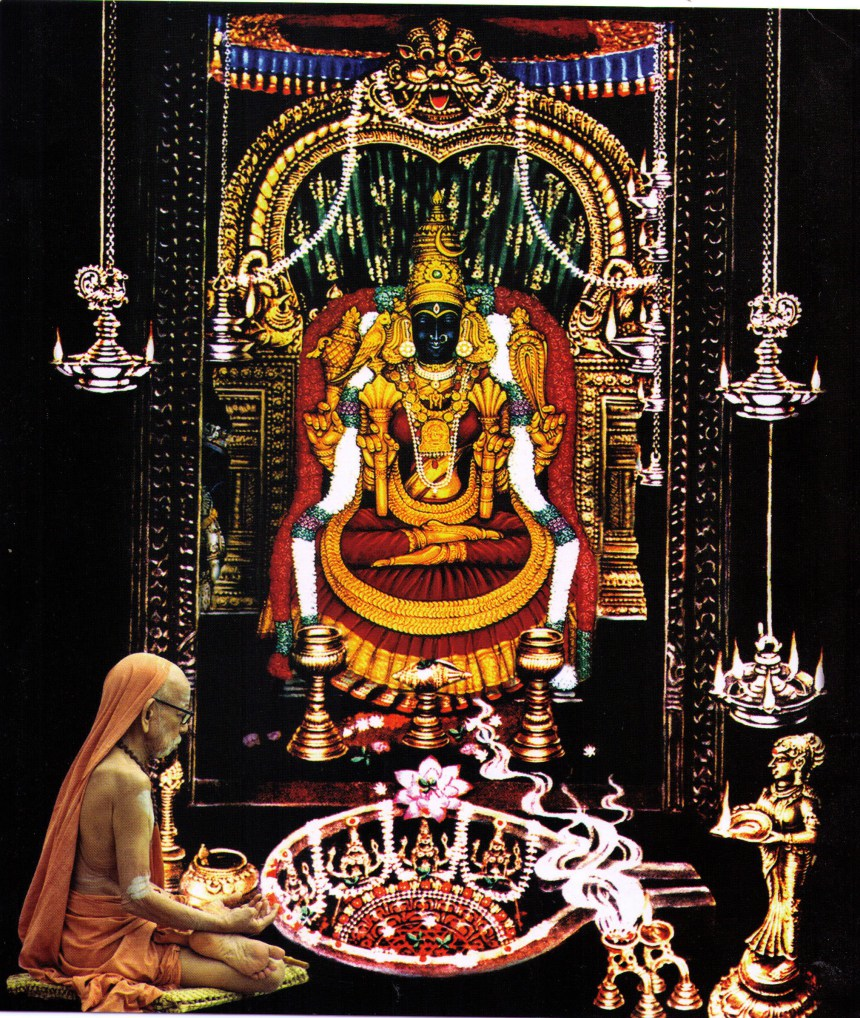I have spoken about the importance of maintaining the purity of Vedic syllables. All over India, from the Himalaya to Ramesvaram and all through the ages, the Vedas have been taught entirely in the oral tradition, without the aid of any printed books and without one part of the country being in touch with another. And yet 99 percent of the texts followed everywhere is the same to the letter.
So it means that there is a difference of one per cent, is there not? Yes, there is, among the recensions in the different regions. Is it proper to have such slight differences? After claming that the consequences would be unfortunate even if one syllable of a mantra goes wrong, how are we to accept that the same mantra in the different recensions or in the different regions differ by one percent? If the original Vedas in their true form are one, will not the departure by even one percent mean undesirable consequences?
There is an answer to this question. You will come to harm if the medicine you take is different from what you physician has ordered. Similarly, if you chant a mantra with its syllables changed, you will suffer an adverse consequence. The rule that the medicine prescribed must not be changed applies to the patient, not to the doctor. The patient cannot, on his own, change the medicine that his doctor has prescribed. But the doctor can, cannot he? There is more than one medicine available to treat a particular ailment. So there is nothing wrong if the doctor substitutes one medicine for another. While treating two patients suffering from the same illness the doctor may, while prescribing essentially the same medicine for both, make small changes in the ingredients according to their different natures.
It is in the same manner that the sages have introduced slight changes in the different Vedic recensions, but these are not such as to produce any adverse effort: indeed, even with the changes, the mantra yield the expected benefits. As a matter of fact, the sages have introduced the changes for the benefit of people who are entitled to learn the particular recensions. The rules with regard to these are clearly stated in the Pratisakhyas.
The syllables of the mantras in the different recensions do not vary to any considerable degree. Nor are they unrelated to one another. On the whole they sound similar. Even when the letters vary there is a kinship to be seen between them.

